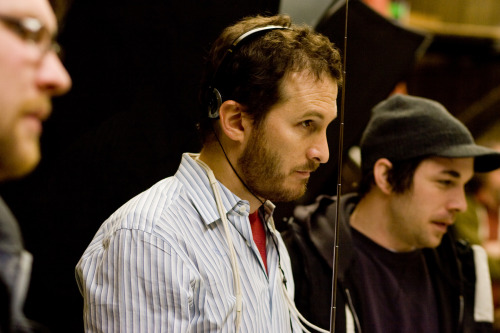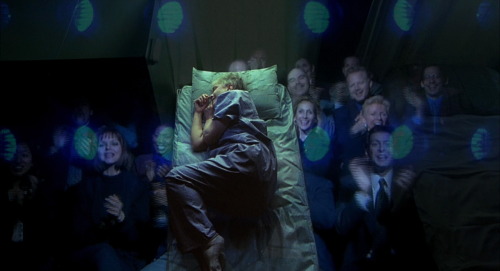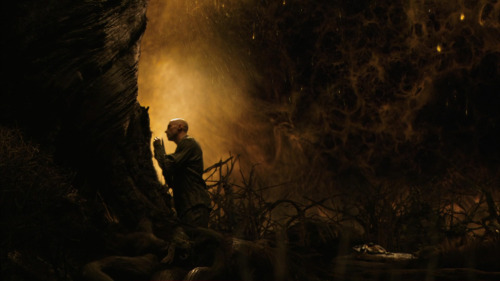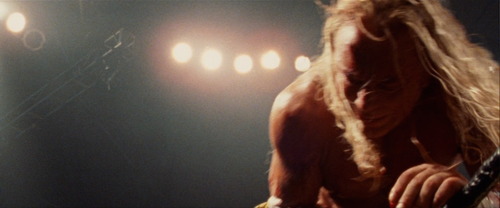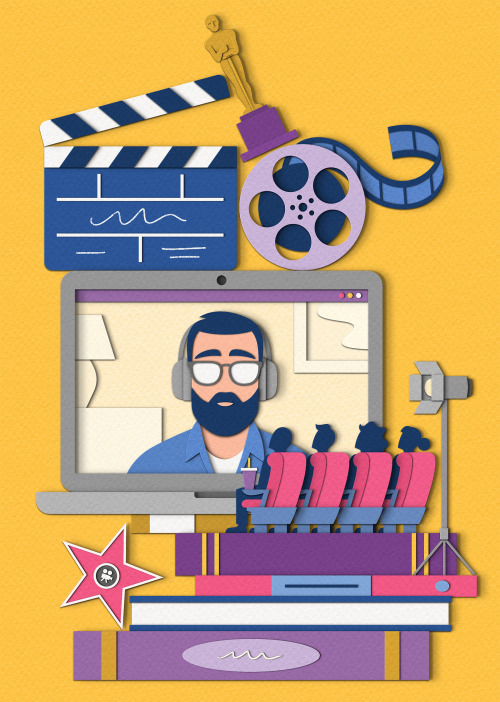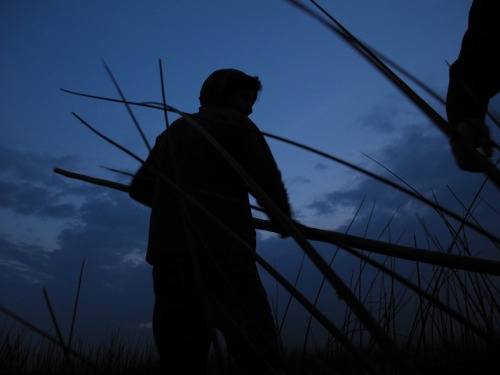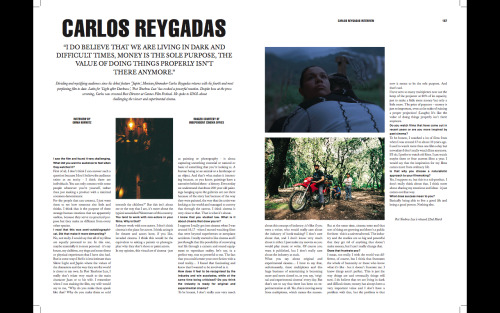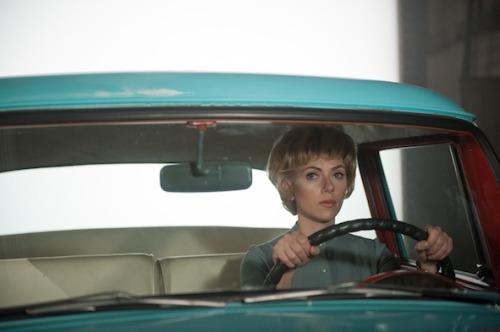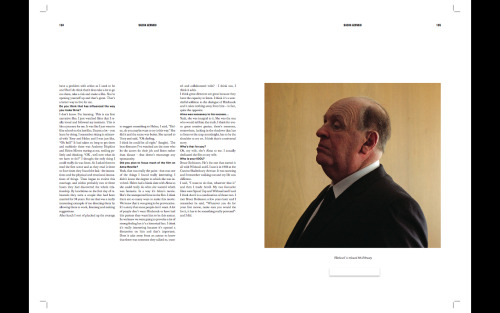#director
New video up about my first time Directing a music video and all the gushy reminiscing that comes with finally being able to share it with you!
“I try to live my life where I end up at a point where I have no regrets. I try to choose the road that I have the most passion on because then you can never really blame yourself for making the wrong choices. You can always say you’re following your passion.“
Happy birthday to the always daring Darren Aronofsky!
Post link
I was recently commissioned to create illustrations for Response magazine, a publication of Seattle Pacific University.
This illustration accompanies an article about Oscar-nominated directors teaching film classes at the university via Zoom. Directors include Tomm Moore and Lee Isaac Chung.
A big thanks to Journey Group and art director Mike Ryan for this wonderful project.
© Zara Picken 2021 www.zarapicken.com
Post link

Nothing is what it seems in ‘The Imposter’. The documentary from British filmmaker Bart Layton tells the chilling stranger than fiction story of a 13 year-old boy who disappears from Texas without a trace only to be found three and half years later in southern Spain with tales of kidnapping and torture, looking distinctly different…It’s one of the best and most thrilling films of the year. I sat down with Bart to talk about the film.
FIRST OF ALL I SHOULD SAY THAT I ABSOLUTELY LOVED THE FILM AND WHEN I TELL PEOPLE ABOUT IT THEY DON’T SEEM TO UNDERSTAND IT’S A DOCUMENTARY…
Yeah! (Laughs) That’s a problem we’re going to have in marketing it as a documentary…
THAT COULD HELP THOUGH AS PEOPLE AREN’T ALWAYS COMPELLED TO GO AND SEE DOCUMENTARIES EVEN THOUGH THERE ARE SOME INCREDIBLE ONES IN CINEMAS
I agree, part of the thinking behind it was even the people that are constant avoiders of documentary films may go to it and enjoy it.
I KNOW A LOT OF PEOPLE HAVE ASKED YOU WHY YOU DIDN’T MAKE IT INTO A FICTION FILM – WHY DO YOU THINK IT’S IMPORTANT THAT YOU MADE IT AS A DOCUMENTARY?
Well a couple of reasons, one being if it wasn’t true you wouldn’t believe it and as a work of fiction it’s far-fetched almost and it seemed so crucial to preserve the truth and push that it is real - that’s what’s so jaw-dropping about it. When you go into a film and it says ‘Based on a true story’ you still feel things have been added, it suspends belief, you’ve gone into a world with actors and you’re removed from it, and I think with this you have to preserve the unbelievable thing of it and that it really did happen and you have the real people telling you the story.

DID YOU PAY AS MUCH ATTENTION TO THE RE-ENACTMENTS AS YOU DID TO THE REST OF THE FILM, BECAUSE RE-ENACTMENTS CAN EASILY GO DOWN THE DODGY ’CRIME WATCH' TERRITORY…
Yeah we did. In fact I wouldn’t actually call them re-enactments…I need to find a new word…I’ve kind of referred to them as visualisations or dramatisations because the re-enactment thing implies that you’re forensically reconstructing something, whereas this was more about the idea of memory and subjectivity and it’s an extension of the story you’re being told - this very elaborate, detailed story about a rainy night and you immediately have this very visual imagery popping into your head and it was that that I wanted to create, so you’re inhabiting his story. It’s all about subjectivity and memory being unreliable, witnesses being unreliable.
HOW DID YOU APPROACH THE ‘VISUALISATIONS’? I KNOW YOU USED ERIK WILSON AS CINEMATOGRAPHER…
Yeah, Lynda Hall, a tremendous photographer who I’ve worked with for years, shot all of the documentary like all of the beautiful landscape shots of Texas. With Erik I storyboarded meticulously what images I wanted to tell the story and I kind of had this vision for a heightened reality - lots of things happen at not quite the right speed and the colours are heightened with lots of conflicting colour temperatures and Erik and I tried to realise that on a very tight budget. He’s a very talented guy and lots of the things that we thought would cost us millions to make we were able to do. We had a lot favours – a lot of talented big, big names.
WHAT WAS THE MOST CHALLENGING PART THEN, BECAUSE A LOT OF PEOPLE SAY FINANCING?
Financing wasn’t really a huge problem for us, we definitely weren’t rolling in money but the story is such that you don’t need a huge budget, we could pitch it and once we’d shot an interview with Frederic, which my business partner and I funded. We did an interview with him over 2 days and cut it into a 4 minute promo which we took to Film4 and A&E IndieFilms. The most challenging thing was creating something properly cinematic…
AND TRYING TO STRUCTURE IT…
Yeah, the structuring is something which has this almost present tense unfolding where you’re in the experience rather than watching it at arms length or down a microscope, you’re in it and you relate to everyone more than you thought you possibly could.

YOU CAME ACROSS THE STORY IN A NEWSPAPER, SO WHAT WAS THE PROCESS FROM YOU READING THE ARTICLE TO MAKING THE FILM?
Well you can do a lot of research but it’s not until you sit down with the people…you can’t predict what they’re going to say, I mean you can read about it and certainly there were articles that were very detailed but that doesn’t prepare you, when you sit down and talk to the people it’s far more emotional.
We first got in touch with Frederic through his YouTube account and he came to London, we shot an interview with him over a couple of days. He wasn’t incredibly trusting given that…you know he’s a pretty untrustworthy guy, he wanted to do a lot background checks and then he agreed to take part. Then it was really about trying to find the family at that point and that was largely down to Poppy who’s the co-producer. She went down to San Antonio and spent a long time trying to find them, they had moved house a lot of times and she met with Charlie Parker, the private investigator who helped track them down and it took a while to convince them to be part of it.
SO THEY WEREN’T PARTICULARLY FORTHCOMING?
They had been burnt a lot of times by media things they had been involved in. They were torn between wanting to tell their story but not wanting to be presented as these idiots who couldn’t even recognise their own kid…and I don’t think they come across like that…
YES, IT’S ALL VERY CLOUDY. HOW DID YOUR OPINIONS OF EVERYONE IN THE FILM CHANGE THROUGHOUT?
Constantly. That was something that was important to capture in the film because you go from one interview one day with a really clear idea about what went down and then next day an equally clear idea of exactly the opposite! (Laughs) The mistake would be to try to make a judgement on it and actually the film became about the cloudiness and making virtue of that and that’s the journey that you really go on in the film and is hopefully similar to the one that I went on while making the film.
SO YOU WANTED TO STRUCTURE THE FILM SO THE AUDIENCE FELT THE SAME WAY YOU DID?
Yes, definitely. Everyone enters the film at the point they enter the story, so there’s logic to it but it’s also very complicated structurally.

HAVE YOU BEEN SURPRISED BY HOW WELL IT HAS BEEN RECEIVED? WHAT WERE YOUR EXPECTATIONS WHEN YOU STARTED MAKING IT?
Yes, completely. I certainly set out to make it as a proper feature, but with a doc you never know whether you’re going to be able to deliver on all of that, budgets don’t allow it, I wanted it to look like a glossy movie and I think it does on some level and it’s been great that people have written about it in those terms. You don’t dare say ‘Oh I hope it will get a general release. I hope it gets to Sundance. I hope it gets shown across the world…’ but it has! The fact that it’s in the local cinema I grew up going to!
ARE YOU GOING TO GO AND WATCH IT THERE?
(Laughs) Yeah I will!
DO CRITICS BOTHER YOU?
We get circulated everything that comes out and I read most things. There was just one snippy review that I’ve read - it was in the Village Voice but when the film was actually released they gave it a really good review…I’ve been very spoilt with the response but I’m sure that won’t continue across the board, but I guess I’ve had enough good reviews now to…cushion it. (Laughs)

WHAT OTHER DOCUMENTARIES HAVE INSPIRED THE WAY THAT THIS LOOKS?
Yeah…it was more movies that inspired the look of it. But without films like ’Touching The Void' and ’The Thin Blue Line' these kinds of films wouldn’t get made. I haven’t watch ’The Thin Blue Line' for a long, long time since I was a student and I didn’t go to film school or anything. I’ve always been much more movie obsessed so those films were inspirational but in the same way that ’The Usual Suspects' and ’Elephant’, 'Chopper’ were, so I’m not sure that docs were more influential than normal features.
SO ARE YOU GOING TO GO INTO FEATURE FILMS THEN?
I think at the moment I’m still interested in playing with… I think people like to categorise and I’m less bothered about that, it’s like the right way of telling a story, I think some stories benefit from preserving the truth and as soon as you turn it into a completely fictionalised version the audience experiences it in a different way and there is enough mad stuff going on in the world. I definitely wouldn’t say no and I’ve been sent a lot of scripts but I’m still interested in playing with boundary blurring.
YOU SAID YOU DIDN’T STUDY FILM SO HOW DID YOU GET INTO IT?
Well I made documentaries for TV and started a production company and the success of that has allowed us to develop what we’re really passionate about which is filmmaking.
WHO IS YOUR IDOL?
Oh God…that’s a tricky one. I have people that I admire in filmmaking, massive geniuses… but I don’t know if I necessarily idolise them…it’s a huge word…I’ll have to get back to you on that!
THE IMPOSTER
Go see it, it will be one of the best things you’ll see this year…
Interview: Emma Hurwitz
Portrait: Alex Schneiderman
Images courtesy of Picturehouse


